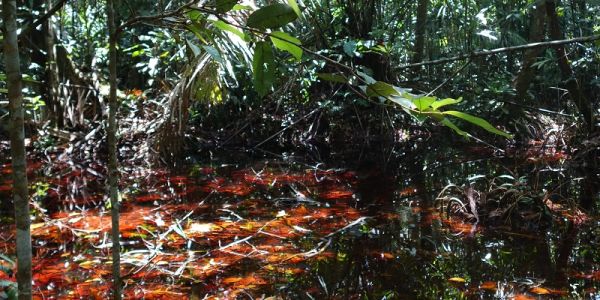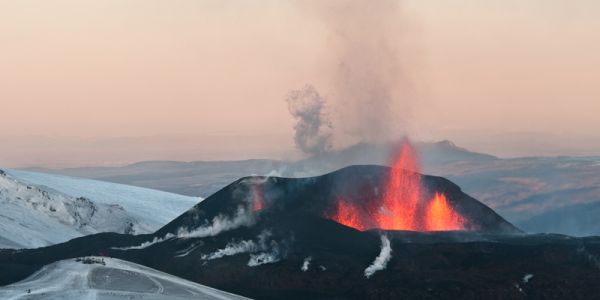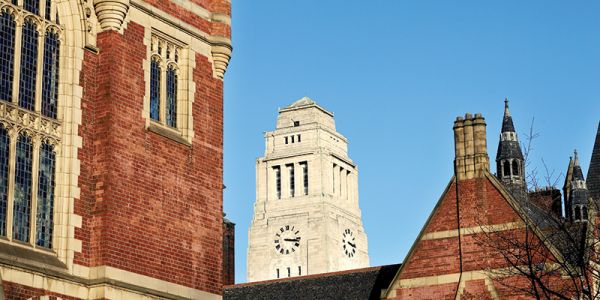
Scientists collaborate to reduce number of animals needed for research
More than 200 scientists have signed up to a tissue-sharing database designed to reduce the number of animals needed for biomedical research.

More than 200 scientists have signed up to a tissue-sharing database designed to reduce the number of animals needed for biomedical research.

A drug used to treat rheumatoid arthritis can reduce the risk of heart attacks in such patients by nearly 40%, a new study has found.

A vast peatland in the Congo Basin has been mapped for the first time, revealing it to be the largest in the tropics.

Targeting a specific DNA-repairing protein in the brain could be an effective way to treat the most aggressive type of brain tumour, a study suggests.

Holidaymakers concerned about fresh volcanic eruptions causing flight-disrupting ash clouds might be reassured by a study setting out the first reliable estimates of their frequency.

Senior University of Leeds academic Professor Anne Neville has been made an Officer of the Order of the British Empire (OBE) in the New Year’s Honours list, for services to engineering.

A jet stream within the Earth’s molten iron core has been discovered by scientists using the latest satellite data that helps create an ‘x-ray’ view of the planet.

The first woman to have an ovary frozen before the onset of puberty has given birth to a baby boy.

Closer relations between two leading international universities have been confirmed this week following top-level meetings which will strengthen UK-China research and teaching opportunities.

Joint statement on the Government’s Higher Education Reforms.